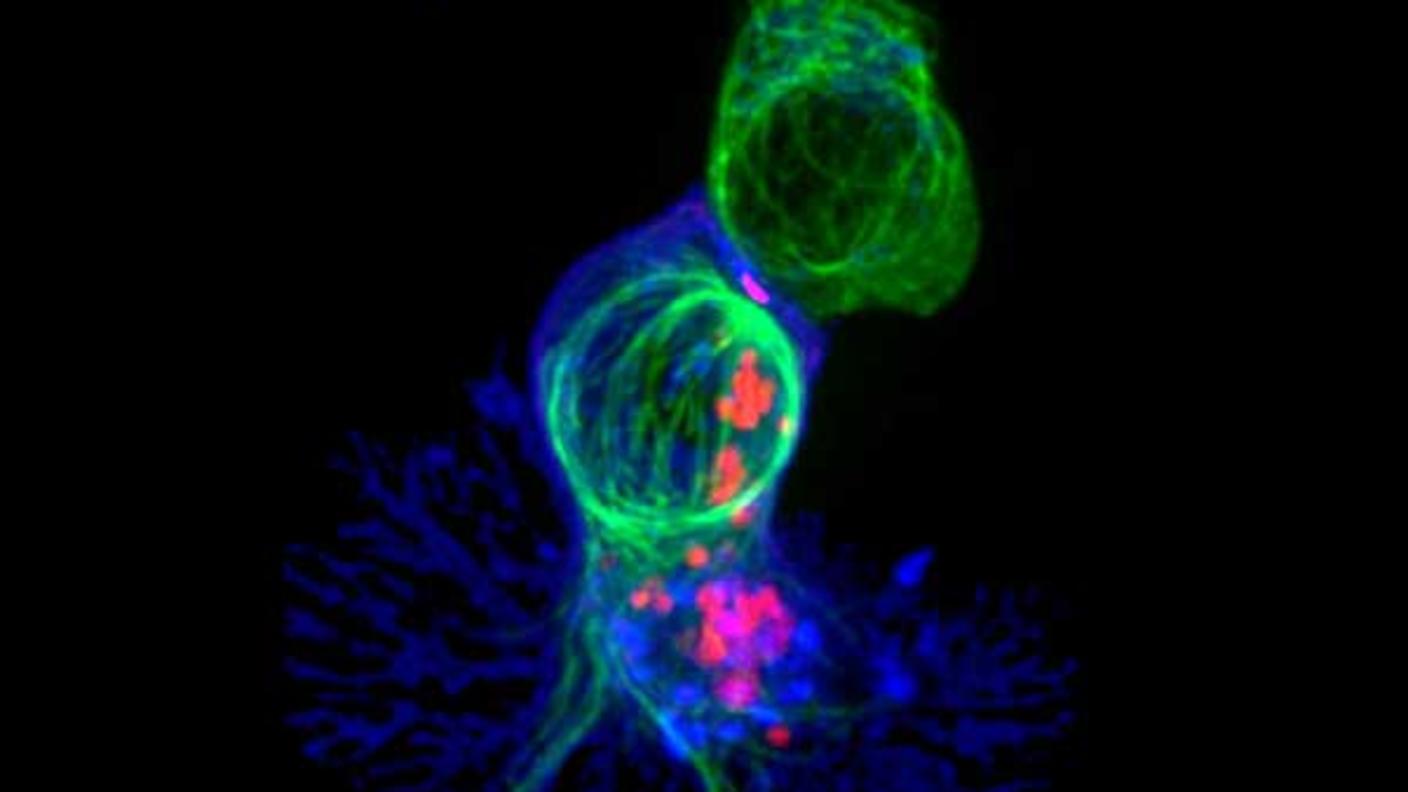Development of New Animal Models of Cancer
Dr. Mark Carlson et al. with the University of Nebraska Medical Center OMF Project developed an animal model for pancreatic cancer that better mimics human disease and enables studies of medical devices for treatments.
Using a new mouse model of ductal carcinoma in situ (DCIS), Dr. Yi Li et al. with the Baylor College of Medicine OMF Project found that the use of a PI3K inhibitor (known as alpelisib) prevents progression to breast cancer in preclinical models.
Dr. Elinor Karlsson et al. with the University of Massachusetts Medical School OMF Project has been exploring how pet dogs with naturally occurring cancers can be used to advance our understanding of cancer. As part of her cancer modeling research, she found that dog behavior is not necessarily associated with breed.
Cancer Modeling Technologies
Dr. Suk Hyung Lee et al with the Columbia University OMF Project created a biobank of tumor samples and generated patient-derived bladder cancer organoids. They found that tumor organoids effectively model treatment response and resistance in individual patients.
Dr. Scott Lowe et al. with the MSKCC OMF Project developed a technology to genetically modify mouse prostate tissue. This system enabled the generation of genetically engineered mouse models that were used to identify a new role for the Wnt signaling pathway in prostate cancer metastasis.
Dr. Anthony Heaney et al. with the UCLA OMF Project developed a 3D patient-derived pituitary model that enables studies of Cushing disease, including investigations examining novel therapeutic strategies for this rare disorder.
Dr. Marcus Bosenberg et al. with the Yale University OMF Project developed a series of mouse melanoma cell lines that enable studies of skin cancer, including investigations examining the effects of gene mutations on cancer progression and responses to immunotherapies. These cell lines have been used in dozens of cancer research projects.
